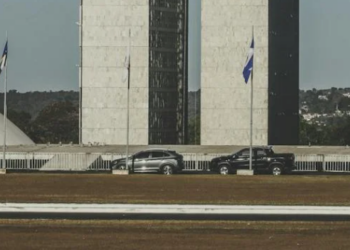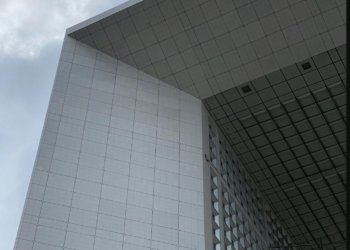by PublicABCP
Translated and reviewed by Matheus Lucas Hebling
Is it possible to study politics without considering history? This is the central question raised by Renato Perissinotto (UFPR) in his article QCA and Process Tracing: Connecting Political Science and History, published in the Revista Brasileira de Ciências Sociais. The author reflects on how Brazilian political science has distanced itself from historical analyses, favoring present-focused approaches—a trend he describes as “presentism.”
The article discusses the role of historical knowledge in political science and proposes a return to history, using contemporary analytical tools to balance historical sensitivity with the theoretical ambitions of the discipline.
Perissinotto argues that reintegrating historical context into political science is essential for a more comprehensive understanding of political phenomena. He emphasizes that this must be done without losing theoretical rigor, and points to methodological tools such as Qualitative Comparative Analysis (QCA) and Process Tracing (PT) as key resources.
These approaches allow researchers to explore causal connections and historical sequences of events while preserving the discipline’s aim for theoretical generalization. They strike a balance between analyzing specific cases and producing broader explanations.
Grounded in set theory, QCA identifies combinations of causal conditions that explain phenomena across different historical contexts, respecting the complexity and uniqueness of each case. PT, on the other hand, focuses on tracing causal mechanisms over time, showing how events and decisions interact in specific sequences to produce particular outcomes. According to Perissinotto, both methods are sensitive to historical nuance and contribute to generating robust and contextualized explanations.
The study highlights several advantages of incorporating history into political analysis. First, it acknowledges that political phenomena are shaped by chains of specific and contextual events, often overlooked by purely synchronic approaches. Second, it enables the study of long-term processes, such as the formation of political institutions and democratization—essential topics that tend to be neglected in Brazil.
Perissinotto also stresses that combining QCA and PT makes it possible to develop “modest generalizations”—ones that reconcile the complexity of the social world with the theoretical aspirations of political science.
In conclusion, Perissinotto argues that returning to history is not an exercise in academic nostalgia, but rather a strategy to enrich political science with more complete and theoretically grounded explanations. The methodological tools discussed in the study demonstrate that it is possible to integrate historical context without sacrificing the pursuit of theoretical generalization, ultimately contributing to a deeper understanding of complex political phenomena. The article invites researchers to rethink the relationship between history and political science, fostering a dialogue that could broaden the discipline’s horizons in Brazil.
Author profile
Renato Perissinotto earned his PhD in Social Sciences from the State University of Campinas (UNICAMP) in 1997. He is a Full Professor at the Federal University of Paraná (UFPR). He served as President of the Brazilian Political Science Association (ABCP) between 2016 and 2018, is co-editor of the Revista de Sociologia e Política (A1), and co-coordinator of the Political Sociology Research Center (UFPR). He is also a faculty member of the Graduate Program in Political Science at UFPR.
Technical details
- Title: QCA and Process Tracing: Connecting Political Science and History
- Author: Renato Perissinotto
- Publication Year: 2024
- Source: Revista Brasileira de Ciências Sociais, Vol. 39








